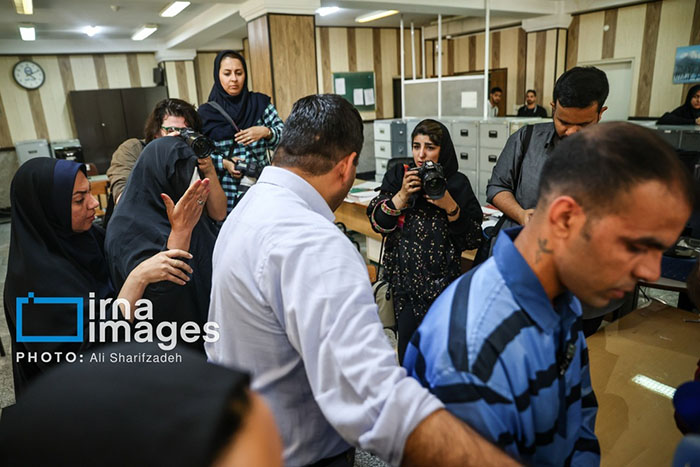Public Response and Media Attention
The news of the arrest quickly spread across local media, prompting both public outrage and sympathy for the victims. Many online users expressed shock at the boldness of the perpetrator and the vulnerability of the women who had been targeted.
Commentators pointed to deeper structural issues: economic insecurity, the absence of formal employment channels for domestic workers, and the lack of regulatory oversight on platforms like Divar. Others called for enhanced digital verification processes to prevent predators from exploiting such platforms under false identities.
Colonel Morteza Nesari, Deputy Director of Combating Criminal Crimes of the Greater Tehran Intelligence Police, addressed the media. “Due to the sensitive nature of the case and the suspect’s clear confession, the judiciary has authorized the release of his unmasked image. We invite any other potential victims to come forward.”
He emphasized that the identity of the women would be kept completely confidential, urging them to register any related complaints with the 16th Department on Vahdat-e-Islami Street.
A Broader Problem
The case has sparked renewed scrutiny on informal labor practices in Iran—especially those involving women who often operate outside the protections of formal employment contracts. With job postings increasingly moving online, many are left exposed to manipulation by those who exploit anonymity and unregulated digital spaces.
House cleaners, babysitters, and caregivers are particularly vulnerable. They often work in private homes without supervision, with little to no ability to verify the authenticity of the job provider. For those in economic distress, the promise of even a single day’s work can outweigh concerns for safety.

